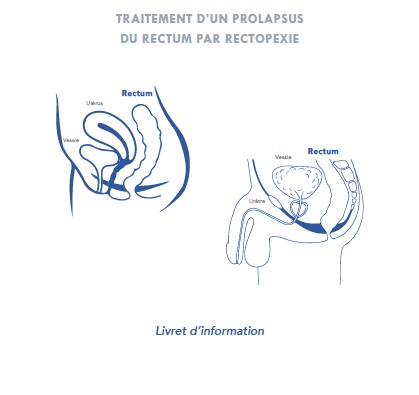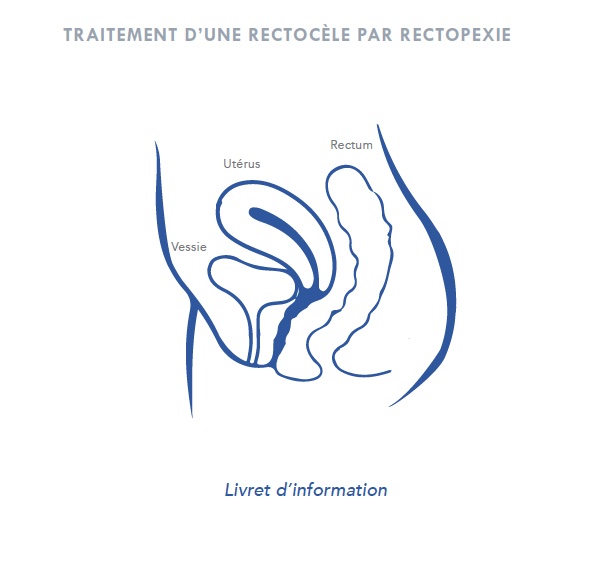The multidisciplinary centres
 Perineum Clinic
Perineum Clinic
What is the perineum?
The perineum consists of a set of muscles, tendons and tissues that ensure the support and correct function of the pelvic organs.
This set of muscles plays an essential role, both in women and men.
Role of the perineum
- Support the bladder, rectum and vagina.
- Provide urinary and faecal continence.
Our specialists and paramedics
-

ANDRIANNE Isabelle
Anaesthetics, Algology
See file -

BACHO Catherine
Physiotherapy
See file -

BAKAR Ayhan
Urology
See file -

BEJJANI Gilbert
Anaesthetics, Algology
See file -

BOUHDID Hassan
Gastroenterology
See file -

BOURDEAUX Christophe
Digestive surgery, Endocrine ...
See file -

BUSARD Philippe
Urology
See file -

DE GRAER Céline
Gynaecology and obstetric ...
See file -

DE MERLIER Yvan
Radiology
See file -

DEFRANCQ Jan
Radiology
See file -

DELANDE Isabelle
Gynaecology and obstetrics, ...
See file -

DENORRE Anne
Pelvic obstetric physiotherapy, ...
See file -

DIKETE EKANGA Michel
Gynaecology and obstetric ...
See file -

DIMITRIADOU Anastasia
Medically Assisted Reproduction, ...
See file -

DO Tri
Gynaecology and obstetrics, ...
See file
What problems are associated with the role of the perineum?
Several disorders may occur, for example following one or more pregnancies, but also due to the ageing of the tissues and the reduction in their elasticity.
Some disorders may also be related to trauma.
Problems often include:
- Enlargement of the pelvic orifices and descent of the perineum.
- Urinary leakage by exertion, but also by overreactivity of the bladder.
- Difficulty holding gas or stools.
- A 'descent' of the pelvic organs (called prolapse), which mayb involve the uterus, bladder or rectum.
- Difficulties during sex.
- Difficulties in externalizing stools.
These problems obviously have a significant impact on quality of life and emotions.
We take this into account!
How to improve symptoms?
- Maintain good body tone through physical activity.
- Maintain a balanced diet.
- Drink enough water regularly (1.5L per day).
- Tackle excess weight.
- Avoid straining when passing stools and therefore tackle constipation.
- Stop smoking: smoking leads to a decrease in the quality of muscle and tendon tissues.
NB : if these measures are not enough, solutions exist: treatment will be based on specialised physiotherapy, drug treatment or even surgery.
Our multidisciplinary teams
Their role is to assess the best possible outcome, interpret it and ensure optimal monitoring.
The aim is therefore to determine the best treatment for each patient, whether medical, surgical or functional.
To do this, our teams meet once a month to discuss each patient's case together.
Making an appointment
Delta Hospital - Boulevard du Triomphe, 201 - 1160 Auderghem
- Perineal physiotherapy: 02 434 81 07
St-Anne St-Remi Clinic - Boulevard Jules Graindor, 66 - 1070 Anderlecht
- Gynaecology consultations: 02 434 37 42
- Urology and Gastroenterology consultations: 02 434 30 31
- Surgery consultations: 02 434 37 77
- Perineal physiotherapy: 02 434 37 66
Braine-l'Alleud Hospital - Rue Wayez, 35 - 1420 Braine-l'Alleud
- Gynaecology consultations: 02 434 94 39
- Urology and Surgery consultations: 02 434 94 30
- Gastroenterology consultations: 02 434 70 90
- Perineal physiotherapy: 02 434 70 90
- Pain Clinic: 02 434 70 15
- Sexology consultations: 0498 70 14 00
Basilique Clinic- Rue Pangaert, 37-47 - 1083 Ganshoren
- Gynaecology, urology, gastroenterology and perineal physiotherapy consultations: 02 434 21 11
- Pain Clinic: 02 434 22 55
Medical Centre Jean Monnet - Avenue Jean Monnet, 12 - 1400 Nivelles
- Gynaecology, Surgery, Gastroenterology and perineal physiotherapy consultations: 02 434 79 11

